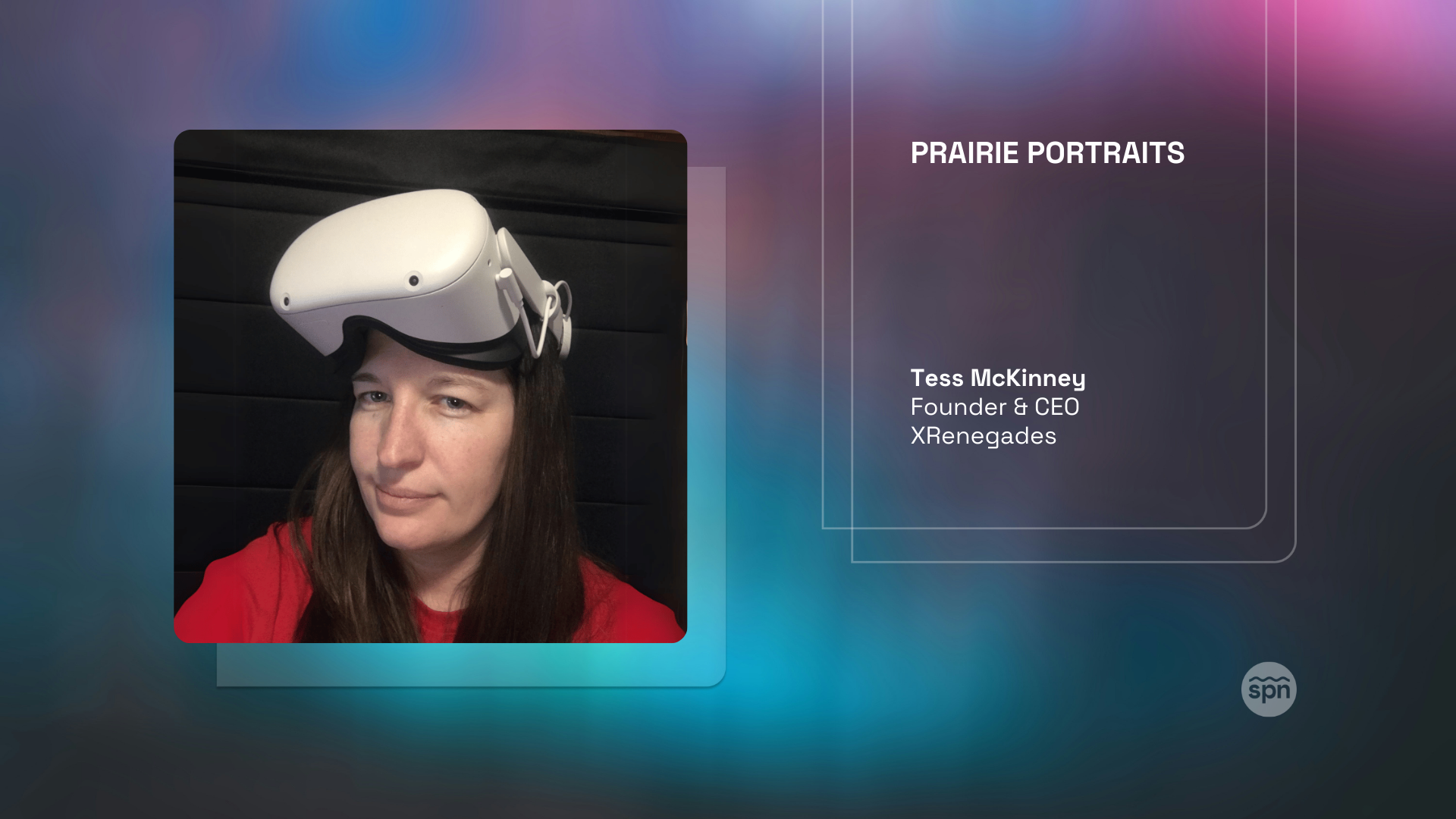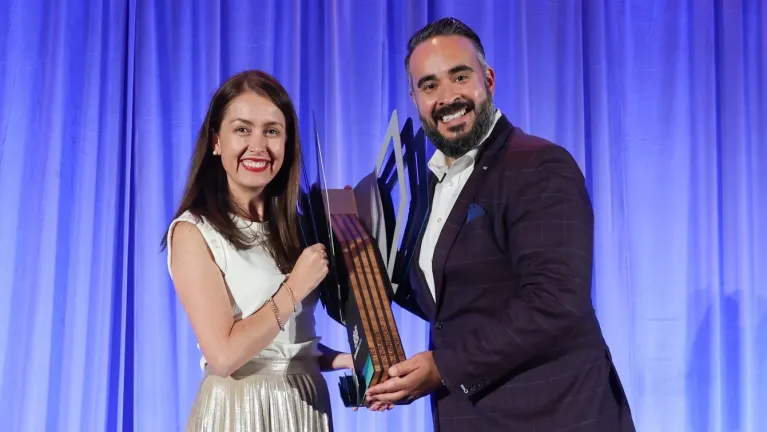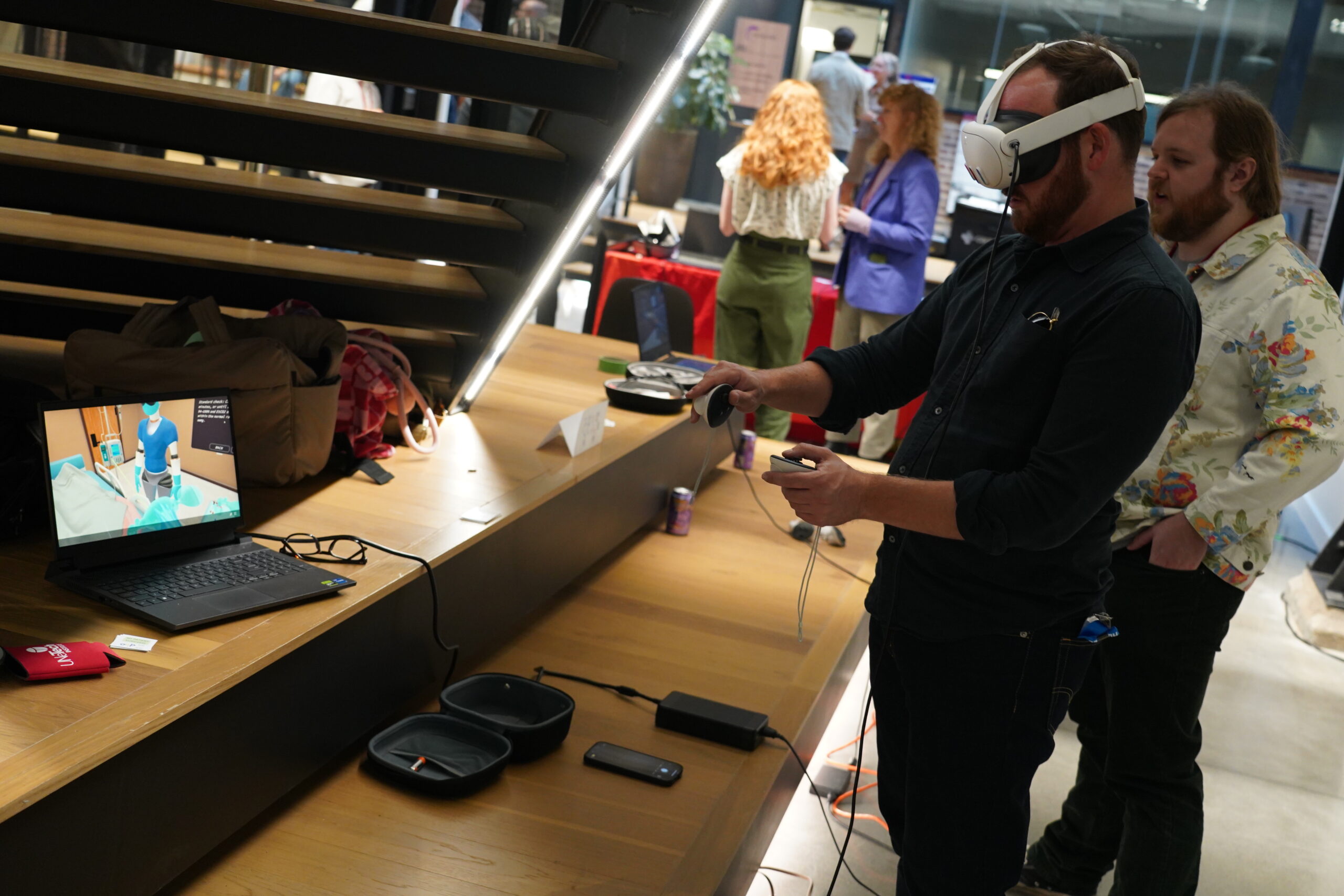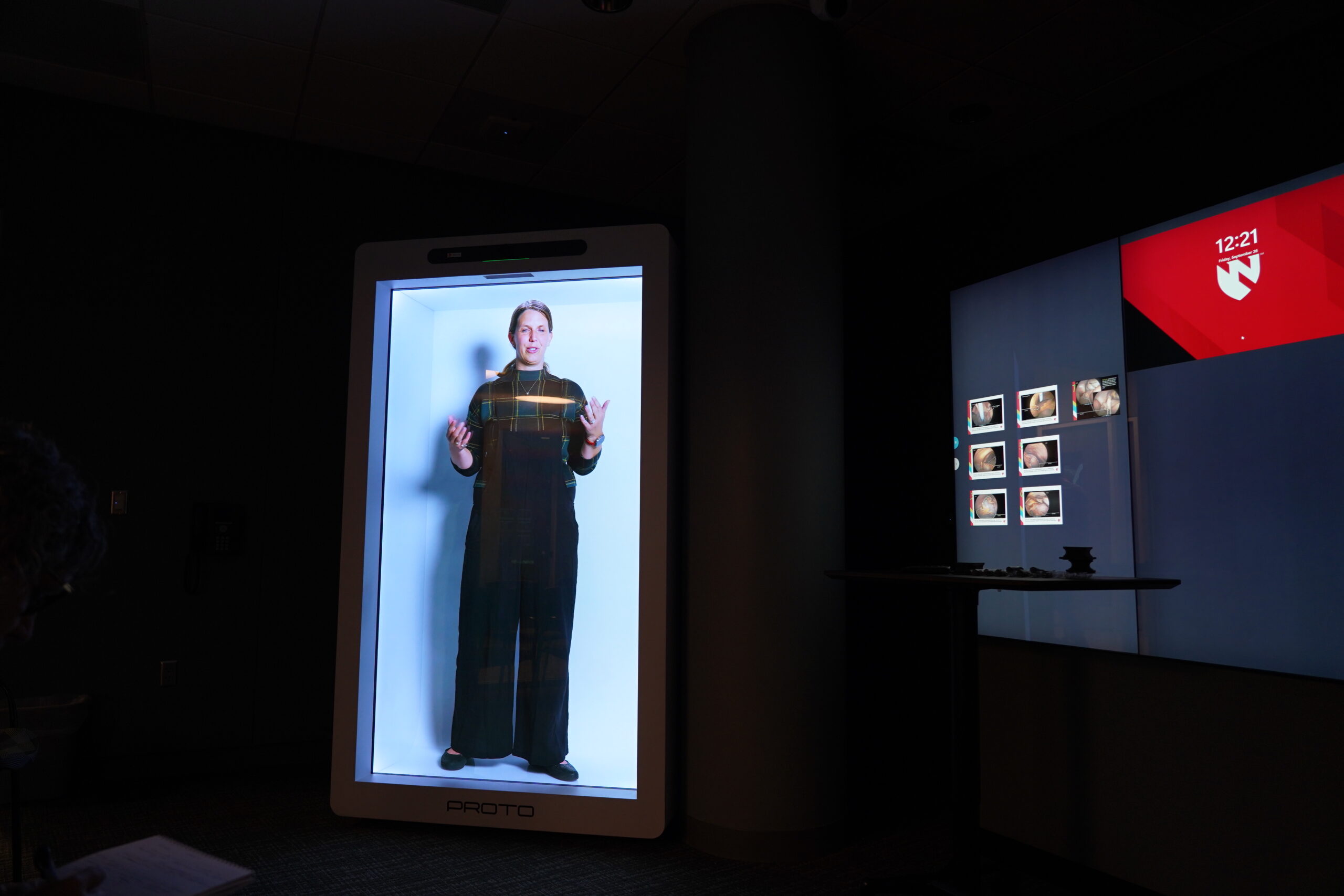Meet Tess McKinney, Founder & CEO @ XRenegades
How would you describe the startup culture in Nebraska?
The startup culture in Nebraska is vibrant and supportive with a strong sense of community and collaboration. Plus, a growing focus on innovation. The ecosystem is tight knit, with entrepreneurs, investors and support organizations working closely together. Resources like the Nebraska Tech Collaborative, Small Business Administration and Nebraska Department of Economic Development provide essential infrastructure, including incubators, accelerators, funding and mentorship programs to help startups grow and thrive.
While Nebraska has a strong agricultural and manufacturing base, startups in sectors such as agtech, fintech, healthtech and edtech are gaining traction. There is a unique focus on rural entrepreneurship, aiming to revitalize rural communities and support small businesses outside urban centers.
Nebraska offers a high quality of life with a lower cost of living, which is attractive for entrepreneurs looking to start and grow their businesses without the financial pressures of larger cities. Events like startup competitions, hackathons and pitch events are common, providing entrepreneurs with opportunities to showcase their ideas, receive feedback and gain exposure.
How do you balance taking risks and making calculated decisions in pursuit of innovation?
At XRenegades, we are embracing the inherently risky nature of pioneering new technologies. I am fundamentally a risk-taker—my entire business venture into immersive technology was a leap into relatively uncharted territory. This field is still emerging.
When I began integrating XR technologies into educational settings, it wasn’t a local endeavor but rather a worldwide initiative. I’ve established partnerships with over 40 companies globally and have collaborated with prestigious institutions like the Ohio State University College of Nursing and the University of Texas Health in San Antonio School of Nursing and Dentistry.
The challenges are significant, especially with funding, as many are still unaware of the possibilities offered by immersive education. The adoption process in educational institutions is slow, and while some may be late to embrace these technologies, I see this as part of the evolution—similar to the gradual integration of computers into everyday use.
People’s skepticism drives me; their cautious approach means everything in my field gets thoroughly vetted with demos, which works to our advantage.
How do you define success and what metrics do you pay the most attention to?
Defining success for my business involves a combination of objective achievements and subjective satisfaction with our impact. Here’s how I measure success:
Project Milestones: Successfully securing grants and implementing our technology solutions into colleges and universities are significant markers of success.
Client Goals: Another crucial metric for success is the achievement of goals set by the institutions we partner with. Whether it’s setting up a new VR/XR lab or integrating immersive technology into their curriculum, the success of these projects is measured by how well they meet the specific needs and aspirations of these institutions.
Financial Health: On a practical level, maintaining financial stability is a key indicator of success. Staying in the green, avoiding debt and managing finances efficiently are all critical.
Unique Position in the Market: As the only recognized consultant actively implementing VR/XR labs for healthcare institutions in the U.S., holding this unique position is both a metric and a definition of success.
LinkedIn Engagement: Monitoring the growth and engagement of my LinkedIn followers is another crucial metric. With nearly 12,000 followers, my LinkedIn platform serves as a vital channel for disseminating industry news, sharing insights and showcasing the latest applications and hardware in immersive technology.
What are the top one or two challenges / opportunities Nebraska startups face?
The top three challenges for my company as well as others, particularly in the field as specialized and innovative as Virtual Reality and Immersive Technology, can be closely tied to the local business ecosystem’s familiarity and comfort with emerging technologies.
Funding Constraints: The primary challenge is access to funding. Traditional investment models in Nebraska tend to favor more conventional businesses, which means startups that fall outside these norms—like an immersive technology company focused on healthcare and edtech—might struggle to attract local investors. Although I’ve established a reputable presence globally, the local investment community may view my focus as too specialized or risky due to its pioneering nature and the limited local market understanding of this technology’s potential.
Market Recognition and Understanding: Another significant challenge is building recognition and understanding within the local market. Being the sole provider of VR and immersive technology consulting in Nebraska presents a unique hurdle. This lack of awareness can affect local client acquisition and partnership opportunities. There is a general lack of understanding about what XR (Extended Reality) and immersive technology consulting entail. I am currently trying to improve this by touring the state and talking to local/statewide educational institutions.
Accessing Local Resources: It took me a considerable time to discover the resources available for startups in Nebraska. Although the state offers excellent support once you find them, the journey to uncover these resources was challenging. Currently, information about such resources seems to be concentrated around colleges and universities, which isn’t where all entrepreneurs are found. A broader advertising strategy about available grants and support services could make a big difference, making it easier for new business owners to find the help they need without having to navigate complex networks or ask just the right questions.
What is one emerging industry or technology that you believe will have a significant impact on the Nebraska startup ecosystem in the next few years?
One emerging technology that I believe will have a significant impact on the Nebraska startup ecosystem in the next few years is “digital twins”. Every company on the planet will eventually need a digital twin, which is a virtual replica of physical entities used to simulate, predict and optimize performance in real-time. If we can get started now on introducing and helping workers learn how to build living, breathing digital twins, our state could stand out as a leader in this field.



